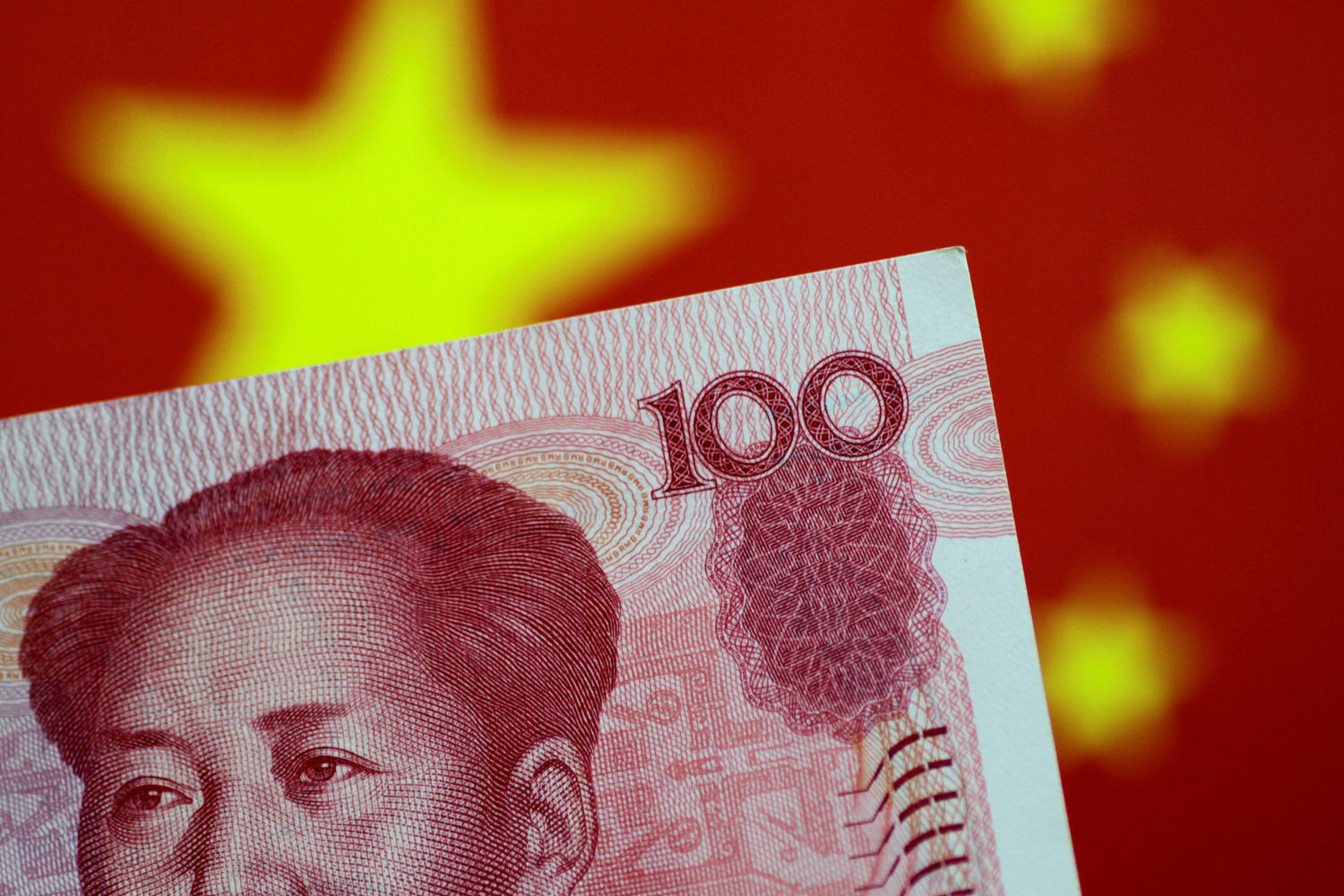(ATF) China’s banking and insurance regulator has announced it has given approval for a fifth asset management company (AMC) to start work dealing with bad loans and toxic assets.
The new company, China Galaxy Asset Management, is 65% held by China Galaxy Financial Holdings, and 13.3% by Central Huijin Investment Co, an investment arm of China’s sovereign fund China Investment Corp.
Chinese banks are braced for rising bad debt from non-performing loans (NPLs) as policies introduced by Beijing this year to help borrowers through the coronavirus crisis expire.
China Galaxy Asset Management is authorised to buy and invest in non-performing assets of financial institutions in the loans sector, as well as to carry out bankruptcy restructuring and management, the regulator said. It will be located in Beijing and have registered capital of 10 billion yuan ($1.53 billion), the statement showed.
“This is a significant milestone for China’s growing NPL market which will have significant implications for market participants and, ultimately, for foreign investors looking for Chinese NPL-related opportunities,” says Zhou Jie, a partner at the KWM law firm in Beijing who worked on the AMC project.
Now there are five
The country’s other four specialist bad loan banks are China Cinda Asset Management, China Huarong Asset Management , China Great Wall Asset Management and China Orient Asset Management.
Its predecessor company was Jiantou CITIC Asset Management Co, established in September 2005 to dispose of non-securities assets divested by the original China Securities. While plans to create a fifth AMC were announced in March 2018, it wasn’t until two years later that the China Banking and Insurance Regulatory Commission signed off on the plans
Galaxy is also the first AMC to be approved since the original four began operations in 1999. “The establishment of Galaxy is an important measure to … deepen financial reform, prevent financial risks and improve financial governance,” the Beijing Local Financial Supervision and Administration Bureau said in a statement.
“In the future, Galaxy Assets will aim to promote the financial asset management industry to fully serve the real economy and high-quality development, based on a clear strategic positioning and clear operating characteristics, and strive to build regulatory approval, commercial viability, risk control, and core competitiveness,” the bureau added.
Exacerbating stress
As the coronavirus pandemic struck earlier this year, regulators to banks to brace for much higher levels of NPLs but many lenders were already struggling with asset quality problems.
“Capital positions across many of the Chinese banking sector’s small and medium-sized institutions remain vulnerable to varying degrees of stress,” Vivian Xue, financial institutions director at Fitch Ratings, said in a November assessment.
NPL ratios at banks rated by Fitch are expected to rise to about 3.5 per cent, from 1.5 per cent in June last year, the rating agency has said.
But statistics released this month by the People’s Bank of China and the CBIRC suggest that deterioration in banks’ asset quality, profitability and capitalisation moderated in the third quarter of 2020, according to an analysis by Moody’s Investors Service.
“Asset quality remains at risk as NPL formation will stay high amid current uneven recovery and the economy’s structural adjustment,” Moody’s said.
Last month, Bank of China forecast the country’s banking sector would see annual profit growth of 2-3% in 2021 after a likely 7% decline this year due to the pandemic.
























